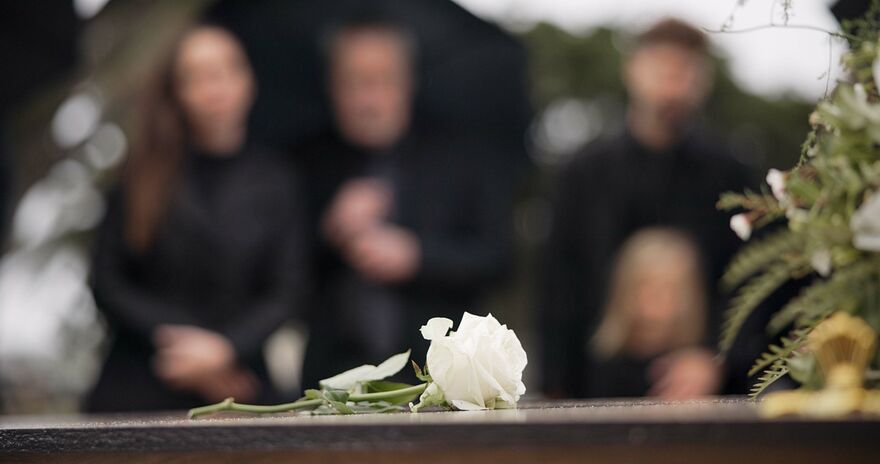The High Court recently considered an application for an injunction to prevent the cremation of a body (Bernadette Lucretia Atkinson v (1) Central England Co-operative Ltd (2) Nikole Atkinson [2024] EWHC 2394 (Ch)).
The judgement handed down by the Judge in this case is a helpful reminder of what the legal position is in respect of bodies and cremation arrangements.
The facts of the case were that Bernadette Atkinson, one of the daughters of the deceased, made an application to prevent her father’s body from being cremated. The respondents to that application were Nikole Atkinson, another daughter of the deceased, who had made all of the arrangements for the cremation, and the Co-operative Limited, who were holding the deceased’s body.
Bernadette was granted an interim injunction initially as the cremation was due to take place the day after the initial hearing. The interim injunction was granted to allow time for the Court to hear evidence on the issue.
Bernadette argued that her father was a practising Rastafarian and a burial would be the usual method of disposing of a body, not a cremation. Nikole argued that Rastafarian beliefs do not prohibit cremation. It was eventually accepted between the parties during the hearing that Rastafarian beliefs prefer a burial over a cremation but neither are prohibited.
Nikole was appointed as Executor of the deceased’s estate by a Will dated 7 June 2022. Bernadette argued that this Will was not valid and she alluded to an allegation of fraud.
The Will expressly stated that the deceased wanted to be cremated and he wanted Nikole to make those arrangements.
The Judge stated that on the face of it the Will was professionally drafted and witnessed by two solicitors. In the circumstances the Judge considered that there was nothing that aroused his suspicions. The Judge did not make a decision as to the validity of the Will, as this went beyond the application for an injunction to prevent the cremation. This issue would require a claim process to deal with disclosure and witness evidence.
The Judge set out the legal position in respect of bodies which is:
- There is no ownership of a body
- If there is a valid Will appointing an Executor to act then the primary responsibility to determine how a body should be disposed of is that of the Executor
- The Executor can consider the wishes of the Deceased and add weight to those wishes, even if the wishes conflict with those of the Deceased’s relatives
- The Court can intervene and pass over the Executor to appoint another person to determine how a body should be disposed of, if necessary. This power is under Section 116 of the Senior Courts Act 1981.
The Judge stated that the priority was to ensure the deceased’s body was disposed of with proper respect and decency. As there were no immediate suspicions regarding the Will and it was accepted Rastafarians can be buried or cremated, the Judge dismissed the application.
A direction was made for Bernadette to be allowed to visit her father’s body before the cremation, if she wished to.
If you do not agree with the actions of an Executor for disposal of a body or you are unsure on who has this responsibility, please contact a member of our specialist Contentious Trusts and Probate Team here.
The information on this site about legal matters is provided as a general guide only. Although we try to ensure that all of the information on this site is accurate and up to date, this cannot be guaranteed. The information on this site should not be relied upon or construed as constituting legal advice and Howes Percival LLP disclaims liability in relation to its use. You should seek appropriate legal advice before taking or refraining from taking any action.

